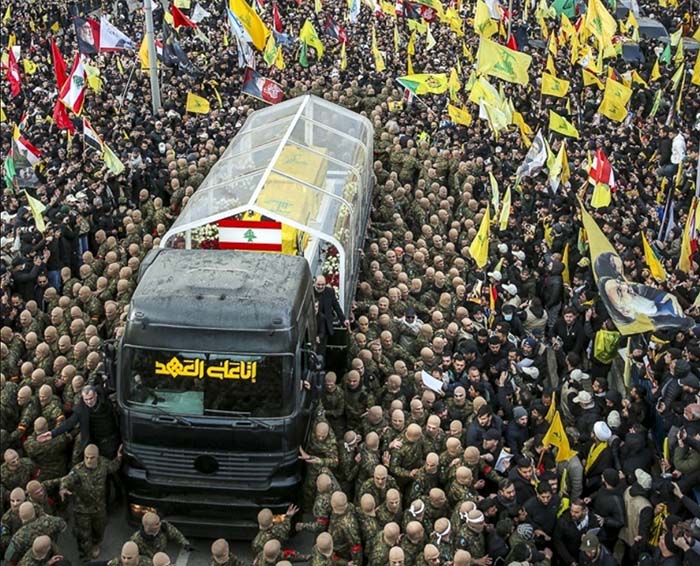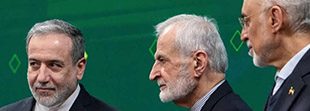Hassan Nasrallah, the Secretary-General of Hezbollah, has played a significant role in shaping the political and military trajectory of the organization since he assumed leadership in 1992. His tenure has been marked by strategic military engagements, political maneuvering, and a steadfast commitment to resisting Israeli influence in Lebanon.
The Rise of Nasrallah
Nasrallah became the leader of Hezbollah following the assassination of his predecessor, Abbas al-Musawi, by the Israeli military. Musawi’s killing was part of an ongoing Israeli campaign to neutralize Hezbollah’s leadership, but it had the opposite effect, galvanizing support for the organization and propelling Nasrallah to prominence. Under his leadership, Hezbollah expanded its military capabilities, particularly in terms of acquiring longer-range rockets. These new weapons enabled the group to strike deeper into Israeli territory, fundamentally altering the strategic balance between Hezbollah and Israel.
The 1993 Conflict and Ceasefire Agreement
One of the earliest major conflicts under Nasrallah’s leadership occurred in 1993 when Israel launched Operation Accountability. This operation aimed to weaken Hezbollah’s military infrastructure and deter attacks on northern Israel. However, rather than achieving a decisive victory, the operation resulted in widespread destruction across Lebanon, sparking international outcry. Eventually, a ceasefire agreement was reached, with Israel halting its attacks in Lebanon in exchange for Hezbollah refraining from targeting northern Israeli settlements. Despite this agreement, tensions between the two sides remained high, and hostilities resumed shortly thereafter.

